MEXICO CITY (Reuters) -The Trump administration is pressuring Mexico to investigate and prosecute politicians with suspected links to organized crime, and to extradite them to the United States if there are criminal charges to answer there, according to sources familiar with the matter.
The requests - raised at least three times by U.S. Secretary of State Marco Rubio and his team in bilateral meetings and conversations with Mexican officials - seek to push President Claudia Sheinbaum's government to investigate current elected officials and launch an unprecedented crackdown on narco corruption, four people familiar with the matter said.
In their discussions, the U.S. officials have called for action against several politicians from Sheinbaum's own Morena party and threatened to levy further tariffs if Mexico did not take action, two of the sources said.
The conversations have not been previously reported.
President Donald Trump's administration has justified its declarations of tariffs on Mexico on the growing influence of the cartels over the government.
A crackdown - potentially targeting high-ranking elected officials while they are in office - would mark a dramatic escalation of Mexico's efforts against drug corruption. But it carries political risks for Sheinbaum, as some of the allegations involve members of her own party, a member of her security cabinet told Reuters.
The U.S. first raised the request at a meeting in Washington on February 27 led by Rubio and Mexican Foreign Minister Juan Ramon de la Fuente, the four people familiar with the matter said. U.S. Attorney General Pam Bondi and other officials from the Departments of Homeland Security and Justice as well as Treasury attended the meeting, the four people said. Mexico's Attorney General Alejandro Gertz and Secretary of Security Omar Garcia Harfuch were also at the meeting.
The Mexican Presidency, foreign ministry, Attorney General's Office and Security Ministry did not respond to requests for comment on the talks. The White House, State Department, Department of Justice and Department of Homeland Security also did not reply to Reuters questions.
Mexico sent 29 cartel figures to the U.S. in late February - the largest such handover in years - following Trump's threats to impose across-the-board tariffs on Mexican goods. The possibility of expediting the capture and/or deportation of priority DEA and FBI targets was also discussed, two of the sources said.
As part of the discussions, two of the people familiar with the matter said, U.S. officials floated the idea of appointing a U.S. fentanyl czar to liaise directly with Sheinbaum on progress to combat the deadly synthetic opioid.
Washington also pressed Mexico for more thorough inspections of U.S.-bound cargo and travelers at the U.S.-Mexico border.
ALLEGED CARTEL LINKS
Although Mexico's federal prosecutor's office is independent of Sheinbaum's administration under the country's constitution, Washington has long accused Mexico of protecting politicians alleged to have links to the cartels.
Serving state governors and federal lawmakers are immune from prosecution for most crimes and can only be prosecuted for serious federal crimes like drug trafficking or racketeering if authorized by Mexico's Congress.
Reuters could not determine if the U.S. provided Mexico with a list of politicians suspected of links to organized crime, or evidence against them.
But two of the sources said five current Morena officials and one former senator were mentioned - including Baja California Governor Marina del Pilar Avila.
Avila announced on her social media accounts on May 11 that the U.S. had revoked her and her husband's tourist visas. She did not provide a reason and said canceling the visa was "an injustice." The State Department and U.S. embassy in Mexico City haven't commented on the case.
Going after serving politicians has long been considered a red line in Mexico, five diplomatic officials said. While Mexican politicians have occasionally been arrested and prosecuted for corruption in the United States, this has only happened after they left office.
In 2020, when former Mexican Defense Secretary Salvador Cienfuegos was arrested at Los Angeles Airport at the request of the DEA it sparked a diplomatic crisis and halted co-operation between the two nations on drug trafficking crimes.
The U.S. dropped the charges and Cienfuegos returned to Mexico where he has not faced prosecution.
(Reporting by Diego Oré; Editing by Stephen Eisenhammer and Suzanne Goldenberg)

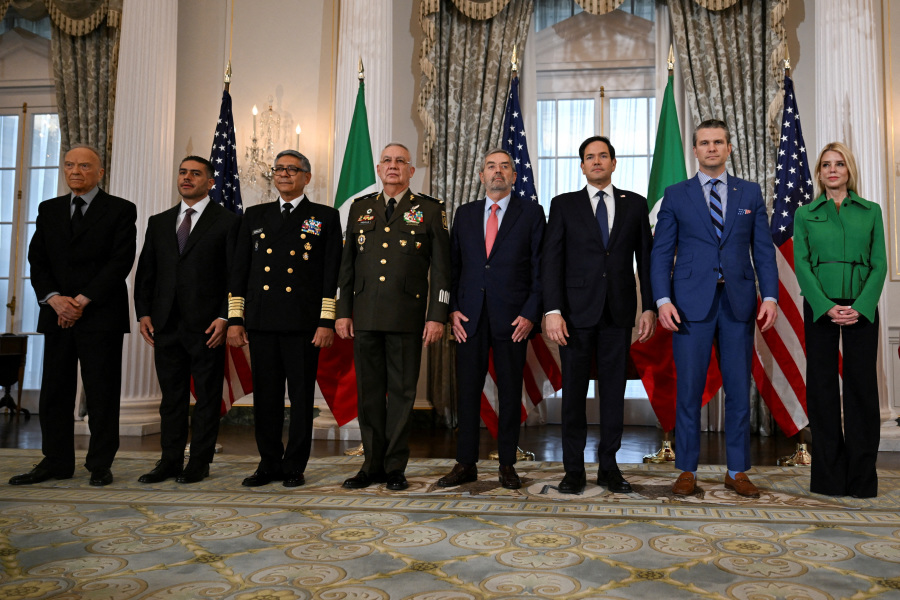

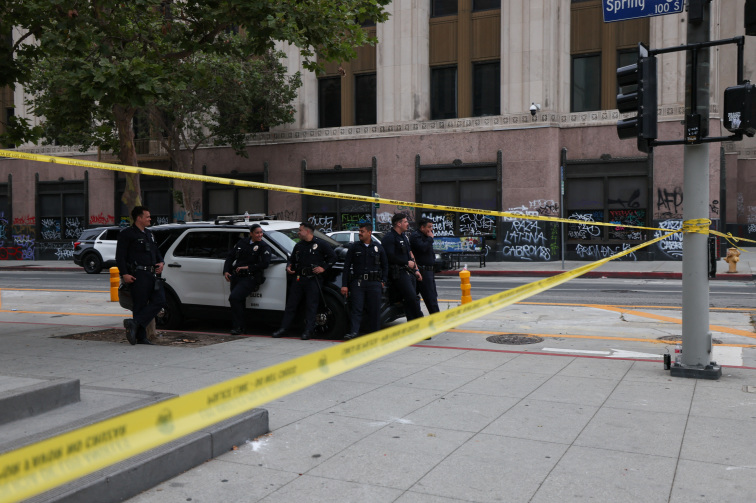
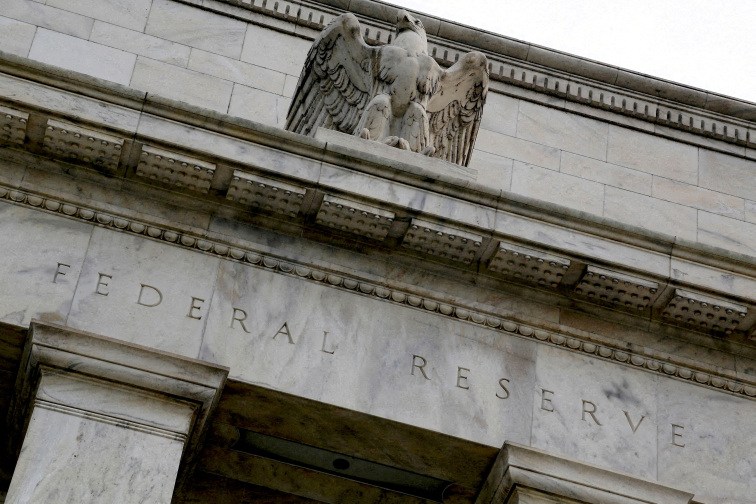
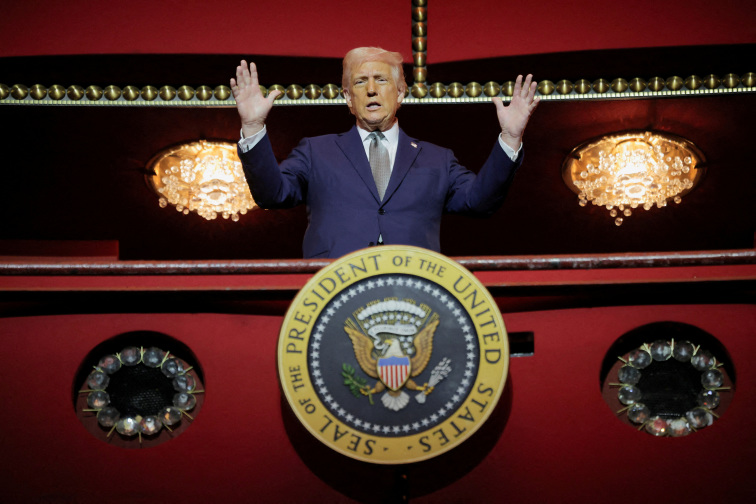
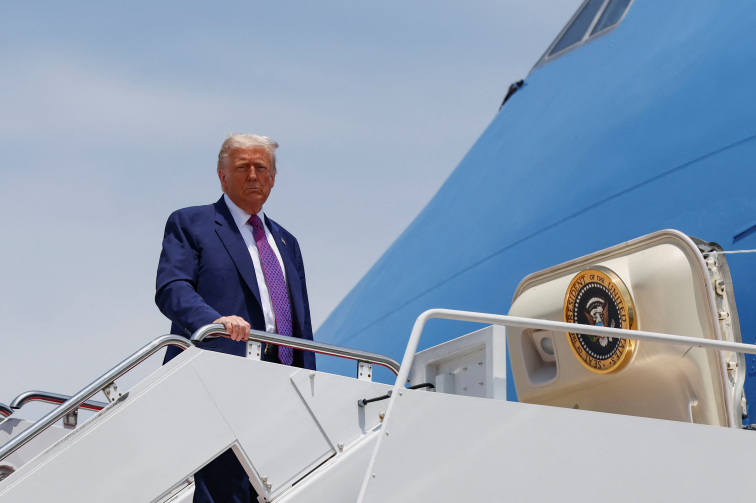
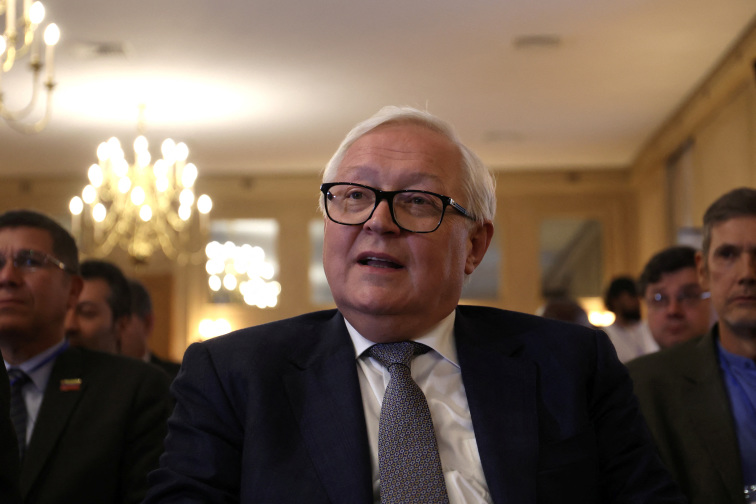
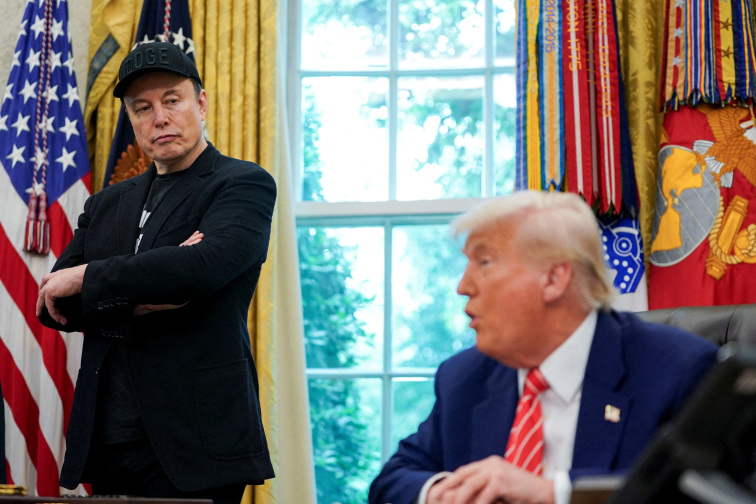
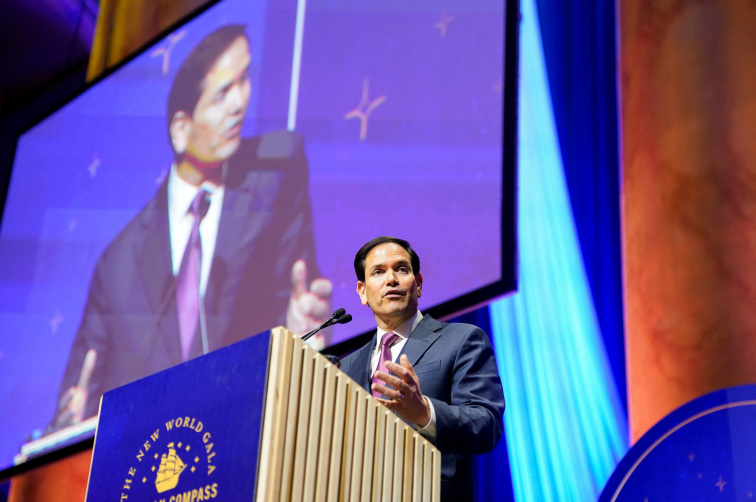

News magazine bootstrap themes!
I like this themes, fast loading and look profesional
Thank you Carlos!
You're welcome!
Please support me with give positive rating!
Yes Sure!